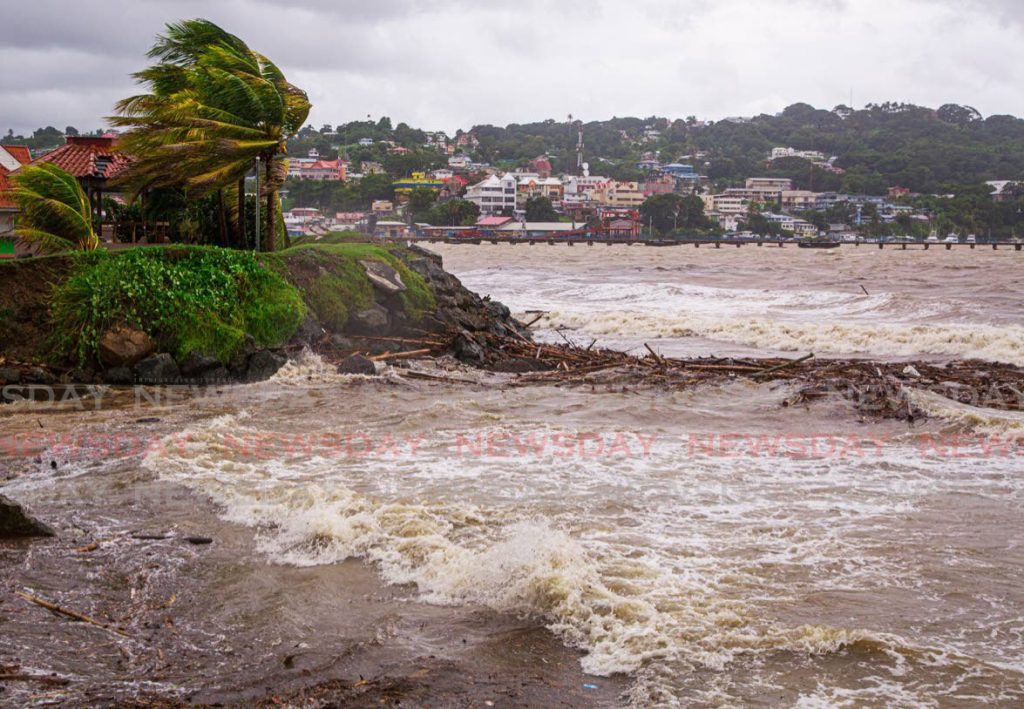Addressing climate change as monetary policy

So pervasive is the issue of climate change that even central bank governors across the region – who are normally restrained and diplomatic when making comments on fiscal policy – made strong appeals for action at a virtual Caricom central bank governors’ forum on Monday.
“The heat is on,” said Eastern Caribbean Central Bank Governor Dr Timothy Antoine at the event. “Let us not talk about getting back to normal.”
The forum was held under the somewhat optimistic theme – Moving on from Pandemic Response to Resilient Recovery, but it was clear that all concerned pinpointed climate change as the elephant in the room.
Central Bank TT Governor Dr Alvin Hilaire called for international cooperation on this issue, noting “a house divided cannot stand,” as well as the sobering fact that information from the World Meteorological Organisation indicates the Caribbean region is warming more than the global average.
All of the governors should be commended for tackling this issue and for taking a united stance in relation to it at a time when the political landscapes they operate within are increasingly contentious.
But it would be a mistake to dismiss Monday’s forum as merely a kumbaya moment. If there was a point the governors brought across it was that climate change has an economic cost.
We have reached the stage where the very management of our national economies hinges on how the world addresses the huge global inequalities amplified by the destruction of the natural environment.
Hilaire noted sea level rises imperil the tourism industry and pose a threat to infrastructure, even in TT.
The governors set out a roadmap of what needs to be the focus at this stage. This includes the idea of countries with greater tourism potential partnering with countries that do not have such potential, in exchange for assistance in areas such as energy supplies.
Bank of Guyana Governor Dr Gobind Ganga noted some countries will recover quicker than others and there should be cooperation as well as a bolstering of regional education efforts to help in a transition to clean energy jobs.
The need for adequate capital buffers as well as access to funding were also emphasised by Dr Antoine and Maarten and Curacao Central Bank Governor Richard Doornbosch.
While these officials seemed united in their outlook, Caricom leaders set out somewhat differing calls for action at the COP26 summit in Glasgow.
Barbados Prime Minister Mia Mottley strongly urged countries not to abandon the idea of climate change mitigation while TT Prime Minister Dr Keith Rowley focused on the need for funding damage and losses, as well as adaptation to a world on fire.
The divergences point to the fact that while central banks will have a strong role to play in advising regional governments on what policy positions should be adopted and what multilateral initiatives entered into, what will matter most is political will and, therefore, the voices of the ordinary people affected by climate change the most.

Comments
"Addressing climate change as monetary policy"